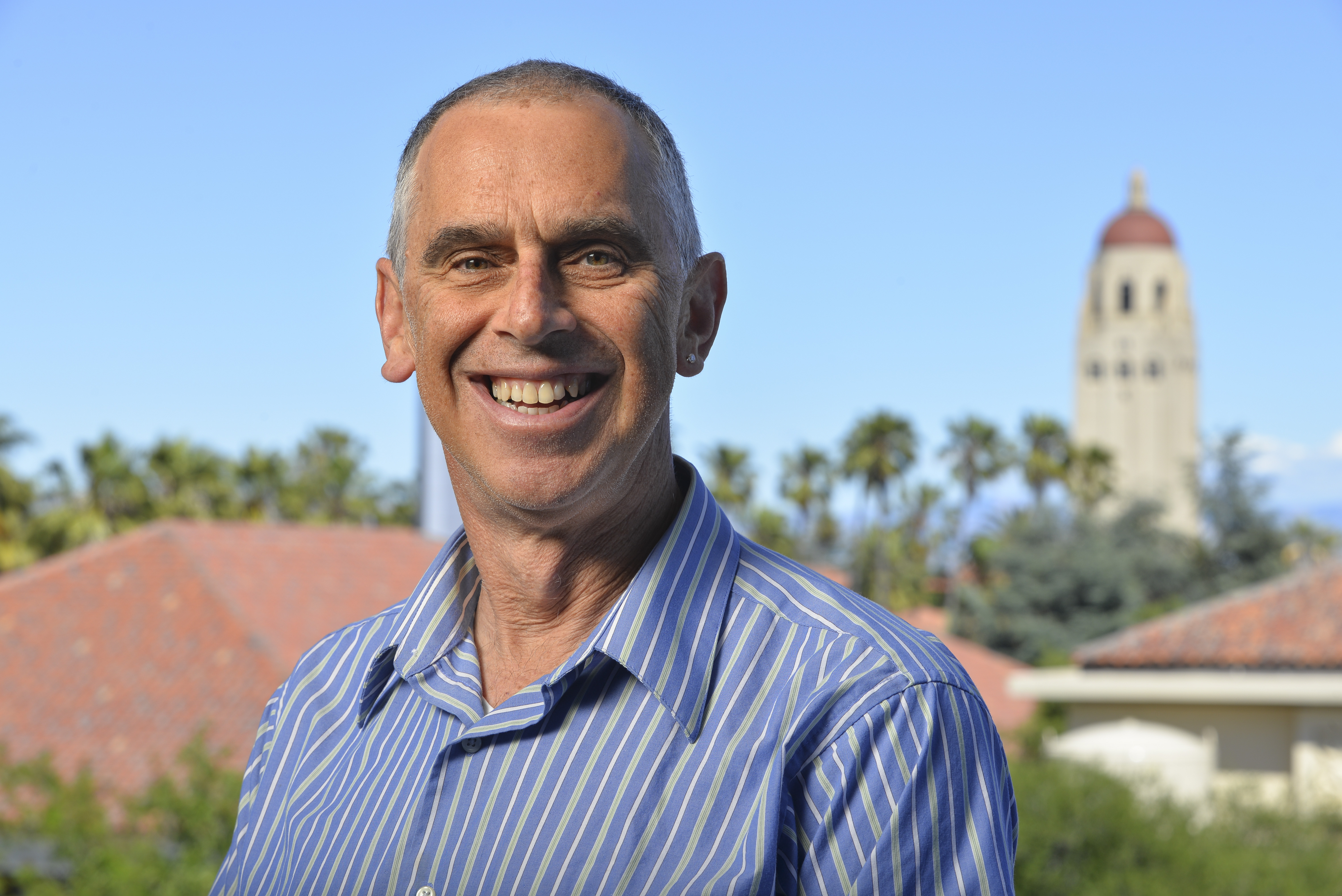PSB 2019 Keynotes

- Kenneth Fong Professor of Bioengineering, Genetics, Medicine, Biomedical Data Science and (by courtesy) Computer Science
- Stanford University
Understanding the molecular basis of disease provides an opportunity to design treatments that maximize efficacy and minimize toxicity. Our lab uses information from multiple sources (molecular, cellular, organism and populations) to understand the mechanisms of drug response. We develop hypotheses about new drugs, new combinations of drugs, and new ways to use old drugs. In this talk, I will describe projects at three levels: the molecular analysis of protein pockets to discover new uses of old drugs, the use of network biology to understand individual patient disease and propose novel drug combinations, and the analysis of the biomedical literature to extract high fidelity information about the relationships between gene products, drugs and diseases. These projects are steps towards a new paradigm for focused identification and evaluation of drug targets, with the intent of extensive computational triage before expending experimental resources.
Russ Biagio Altman is a professor of bioengineering, genetics, medicine, and biomedical data science (and of computer science, by courtesy) and past chairman of the Bioengineering Department at Stanford University. His primary research interests are in the application of computing and informatics technologies to problems relevant to medicine. He is particularly interested in methods for understanding drug action at molecular, cellular, organism and population levels. His lab studies how human genetic variation impacts drug response (e.g., http://www.pharmgkb.org/). Other work focuses on the analysis of biological molecules to understand the actions, interactions and adverse events of drugs (e.g., http://feature.stanford.edu/). He helps lead an FDA-supported Center of Excellence in Regulatory Science & Innovation.
Dr. Altman holds an AB from Harvard College, and an MD from Stanford Medical School, and a PhD in Medical Information Sciences from Stanford. He received the U.S. Presidential Early Career Award for Scientists and Engineers and a National Science Foundation CAREER Award. He is a fellow of the American College of Physicians (ACP), the American College of Medical Informatics (ACMI), the American Institute of Medical and Biological Engineering (AIMBE), and the American Association for the Advancement of Science (AAAS). He is a member of the National Academy of Medicine (formerly the Institute of Medicine, IOM). He is a past-president, founding board member, and a fellow of the International Society for Computational Biology (ISCB), and a past-president of the American Society for Clinical Pharmacology & Therapeutics (ASCPT). He has chaired the Science Board advising the FDA commissioner, currently serves on the NIH Director’s Advisory Committee, and is cochair of the IOM Drug Forum. He is an organizer of the annual Pacific Symposium on Biocomputing, and a founder of Personalis, Inc. Dr. Altman is board certified in Internal Medicine and in Clinical Informatics. He received the Stanford Medical School graduate teaching award in 2000 and mentorship award in 2014.

- Director, Computational Bioscience Program
- Professor, Pharmacology (School of Medicine) and Computer Science (Boulder)
- University of Colorado
PSB has been hosting discussions of Genomics and AI for decades. When we started, people outside of our field generally had no idea what we were talking about. Today, these topics are frequently in the headlines, seen as critical to questions of health, justice, economics, war, and even the nature of our human identity. While it can be tempting to “stick to our knitting” and not worry about these broader social issues, I want to encourage us all to engage with them, as scientists, citizens, and people of substantial privilege. How can computational biologists productively contribute to such weighty topics? Starting with something easy, I’ll offer some things we can change that would not only be good, but also produce better science as a result. One step more challenging, I will encourage us to broadly re-imagine the ethics education in our training programs, moving away from a boring memorization of the rules toward a more compelling vision how our science relates to the society in which we live. Finally, I will leave you with some topics that I believe are underexplored, where computational biologists might be able to create technical solutions to pressing ethical problems.
Dr. Lawrence Hunter is the Director of the University of Colorado's Computational Bioscience Program and a Professor of Pharmacology (School of Medicine) and Computer Science (Boulder). Dr. Hunter is widely recognized as one of the founders of bioinformatics. Dr. Hunter's research interests span a wide range of areas, from cognitive science to rational drug design. He has published more than 100 scientific papers, holds two patents, and has been elected a fellow of both the International Society for Computational Biology and the American College of Medical Informatics. He has a longstanding interest in ethical issues in science and technology. A 1984 publication of his on privacy was recently cited in the national press as accurately having predicted some of the problems with Facebook and other social media. He created an ethics curriculum for biomedical informatics graduate education which was described in a recent review article as the first (and one of the few) of its kind. He has lectured widely to academic and corporate audiences on ethics in data science and in medical applications of artificial intelligence. His work in the area is both theoretical and more practical: In conjunction with Tribal College Consortium on Genomics Education, he was recently awarded an NIH grant to develop genomics and data science research experiences for Native Americans.
